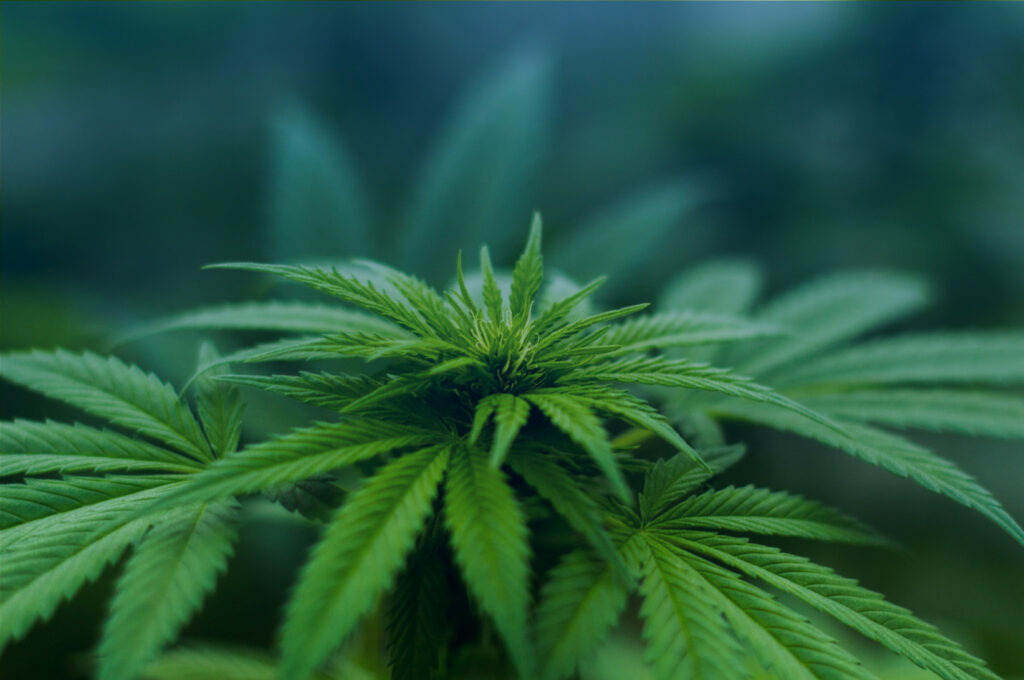The federal legal status of delta-8-THC has been vague for some time now. Being derived from CBD, a simple reading of the 2018 farm bill which made the cultivation of low D-9 THC hemp flower legal, also contains some very specific and unambiguous provisions which apply to D-8 THC. It defines as legal: ‘‘(1) HEMP.—The term ‘hemp’ means the plant Cannabis sativa L. and any part of that plant, including the seeds thereof and all derivatives, extracts, cannabinoids, isomers, acids, salts, and salts of isomers, whether growing or not, with a delta-9 tetrahydrocannabinol concentration of not more than 0.3 percent on a dry weight basis.” 1 As D-8 THC is a cannabinoid derived from CBD produced from hemp of less than 0.3% D-9 THC, it is an entirely legal substance according the very plain language of this federal law.
Various federal bureaucracies, like the DEA, have been opposing this clear provision claiming that Delta-8-THC is not legal for a variety of reasons according to their interpretation of the law. This contradiction has finally been The Ninth U.S. Circuit Court of Appeals in San Francisco ruled in May of 2022 in a 3-0 decision that products containing delta-8 THC are legal because federal law from 2018 made “any part of” the cannabis plant, including “all derivatives, extracts, [and] cannabinoids that contain less than 0.3 percent delta-9 THC by weight” legal in the United States. Exactly as the bill clearly states.
We have previously covered therapeutic use of delta-8-THC and will revisit the topics as it is likely more patients will be considering using it as part of their treatment. We will also begin to address the other cannabinoids which can derived from CBD as they become available.


